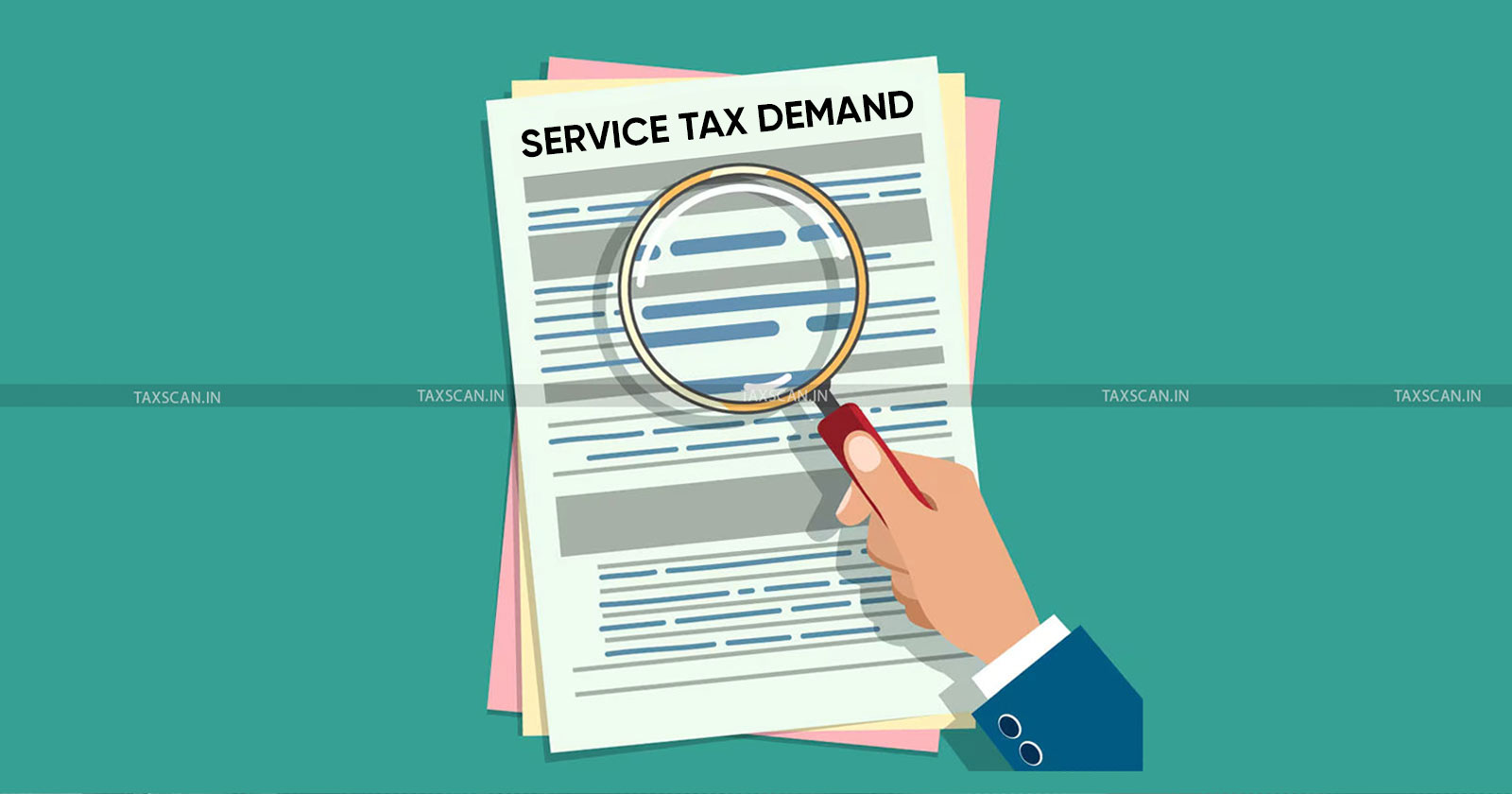Mere suppression of facts would not result in invocation of the extended period of limitation: CESTAT
The tribunal held that mere suppression of facts is not enough to invoke the extended period of limitation contemplated under the proviso to section 73(1) of the Finance Act

The Delhi Bench of the Customs, Excise and Service Tax Appellate Tribunal (CESTAT) held that mere suppression of facts would not result in invocation of the extended period of limitation.
In this case, the assessee, M/s. Wellworth Project Developers Pvt. had filed an appeal passed by the Commissioner, which confirmed the demand of service tax with interest and penalty by invoking the extended period of limitation contemplated under section 73(1) of the Finance Act, 1994.
Coming to the facts of the case, the assessee is engaged in providing construction of
commercial or industrial building services. The appellant claims that it discharged service tax liability on the advance receipts on account of construction services and on legal services
under the reverse charge mechanism. During the period 2013-14 to 2017-18, the appellant also gave corporate guarantees to various banks for credit facilities sanctioned to associated enterprises.
Understand the complete process and tax nuances of GST refunds, Click here
On 11-10-2019, a show cause notice (SCN) was issued to the appellant, demanding service tax of Rs. 2,40,96,546. The demand of Rs. 2,24,43,944 is with respect to the financial year 2013-14 and was made under different heads, such as legal services and corporate guarantee.
The assessee’s counsel submitted that the service tax demand of Rs. 2,24,43,944, out of the total disputed amount of Rs. 2,40,96,546, pertains to the financial year 2013–14 and is time-barred, as it exceeds the extended five-year limitation period prescribed under Section 73(1) of the Finance Act. The counsel contended that the limitation period expired on 25-10-2018 and 25-05-2019 for the respective half-yearly periods of that financial year and thus, even the extended period of limitation under the proviso to Section 73(1) could not have been validly invoked.
The department’s counsel argued that the extended period of limitation contemplated under the proviso to section 73(1) of the Finance Act was correctly invoked.
The tribunal noted that the service tax demand of Rs. 2,24,43,944 was clearly barred by limitation, and thus, the demand of interest and penalty for the amount of service tax confirmed for the financial year 2013-14 was beyond the period of limitation.
3000 Illustrations, Case Studies & Examples for Ind-AS & IFRS Click here
The bench noted that the appellant did not suppress facts and did not have the intention to evade payment of service tax.
 Also Read:No Service Tax Demand can be raised and confirmed based on Notional Income: CESTAT [Read Order]
Also Read:No Service Tax Demand can be raised and confirmed based on Notional Income: CESTAT [Read Order]
The bench relied on the decision of the Supreme Court in the case of Pushpam Pharmaceuticals Company vs. Collector of Central Excise, Bombay, 1995 (78) E.L.T. 401 (S.C.), in which the apex court held that an extended period of limitation is applicable only when the act is deliberate.
The tribunal held that mere suppression of facts is not enough to invoke the extended period of limitation contemplated under the proviso to section 73(1) of the Finance Act.
The CESTAT, comprising Justice Dalip Gupta (president) and P.V. Subba Rao (technical member), set aside the Rs. 2.24 crores service tax demand.
Support our journalism by subscribing to Taxscanpremium. Follow us on Telegram for quick updates


